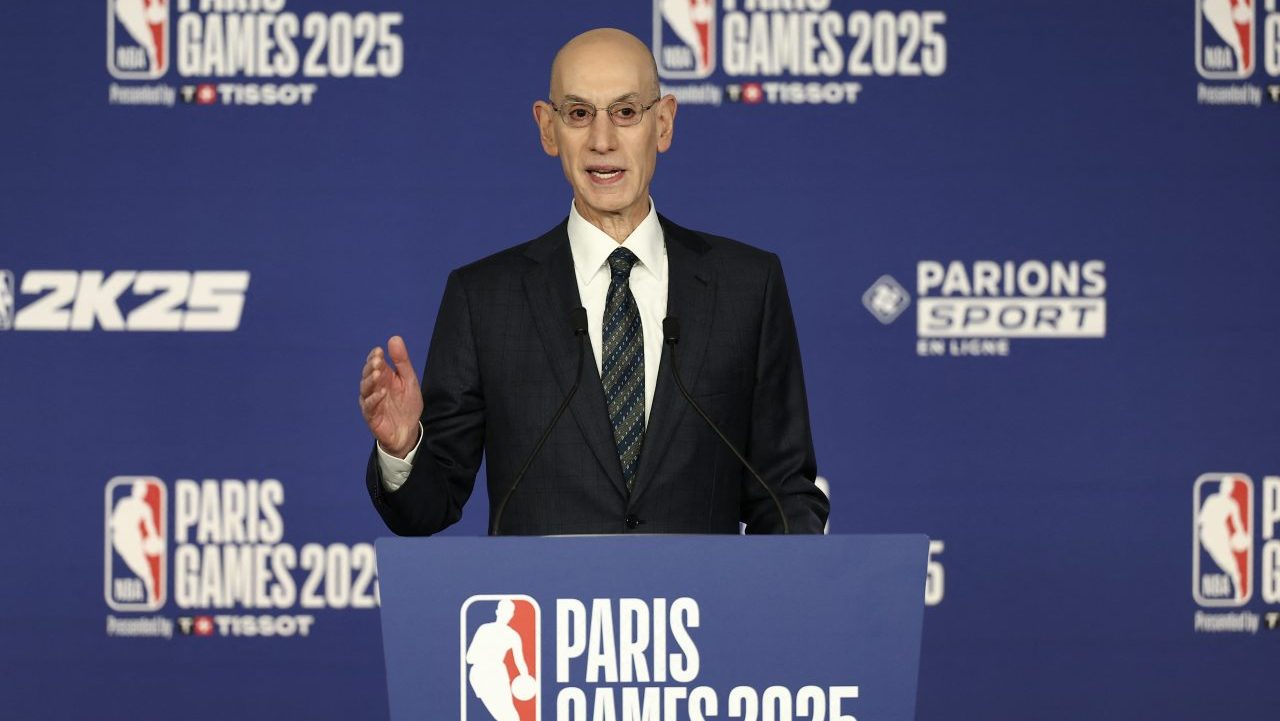
NEW YORK — The NBA is now speaking openly about its European ambitions.
During a joint press conference with FIBA secretary general Andreas Zagklis on Thursday, NBA commissioner Adam Silver confirmed owners have held “exploratory” talks about creating a league in Europe.
Sportico first reported the news that discussions were planned for this week.
The proposed league, created in partnership with FIBA, would likely be an open format with around 12 permanent franchises and four clubs that rotate in and out based on performance in other competitions, Silver said. It is not set in stone how many of the teams will be created from scratch and how many will be existing EuroLeague teams, such as Spain’s Real Madrid or Greece’s Panathinaikos.
“It’s early days,” Silver said. “Literally nothing has been agreed upon yet.”
Zagklis said if the NBA league does welcome existing organizations, it would not require those teams to abandon the EuroLeague; instead, it would work on a compatible schedule. The proposed division would use FIBA rules, which are also the law of the land in international basketball competitions such as the Olympics.
As global media and consumption habits evolve, the NBA wishes to capitalize on opportunities to produce games in new and unique ways, the commissioner said.
NBA owners would share in joint ownership of the league but not directly own individual franchises. A person familiar with the plans said this week that league ownership would be a 50/50 split—a setup identical to the equity structure of the WNBA until the league raised outside capital in 2022.
One challenge with creating a league from scratch, in Europe, will be the structure of player compensation. The NBA and most of its U.S. peers have collectively bargained salary caps, which give owners cost certainty, maintains some parity, and drive valuations. Labor laws in Europe are different, particularly for an entity that spans dozens of countries. Silver said that despite those challenges the NBA’s league—if it happens—will need some form of cost controls.
“We are not interested in operating a league that has no system of control in terms of competition and compensation paid to the players,” he said. “It’s something we’re exploring, and FIBA’s obviously very helpful there … It may require a different approach from the way we can collectively bargain a salary system in the United States, but that’s one of the expertise that we bring to a potential new league, a system where every team, regardless of market size even in Europe, is in a position to compete on as close to a level playing field as possible.”
(This story has been updated with the final two paragraphs on player compensation and a quote from Adam Silver.)
